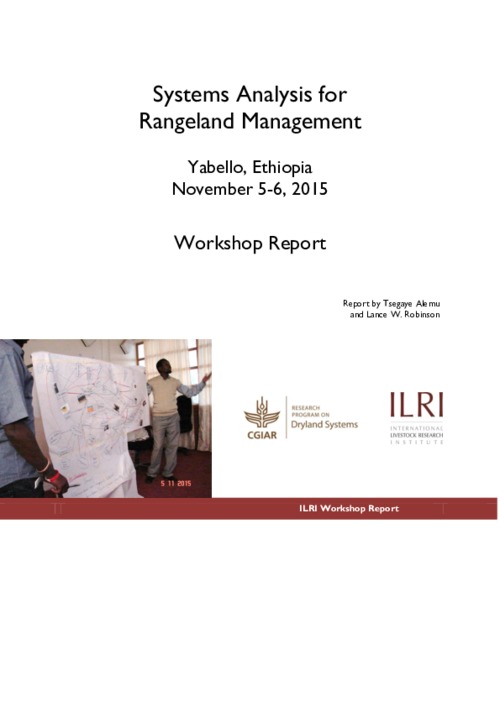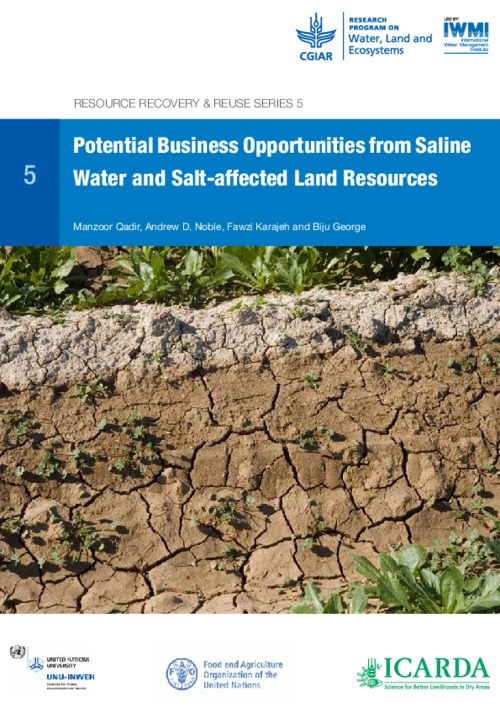Lesotho
Lesotho is one of the poorest and most
unequal countries in the world. It is a small, mostly
mountainous, and largely rural country of about 2 million
people, completely surrounded by South Africa. The
persistence of poverty and rising inequality are striking
for an economy that grew at annual rates of 4 percent per
capita over the past decade. Redefining the role of the



